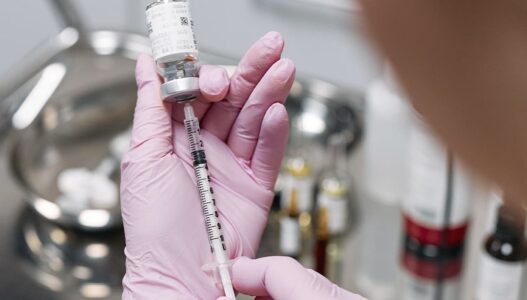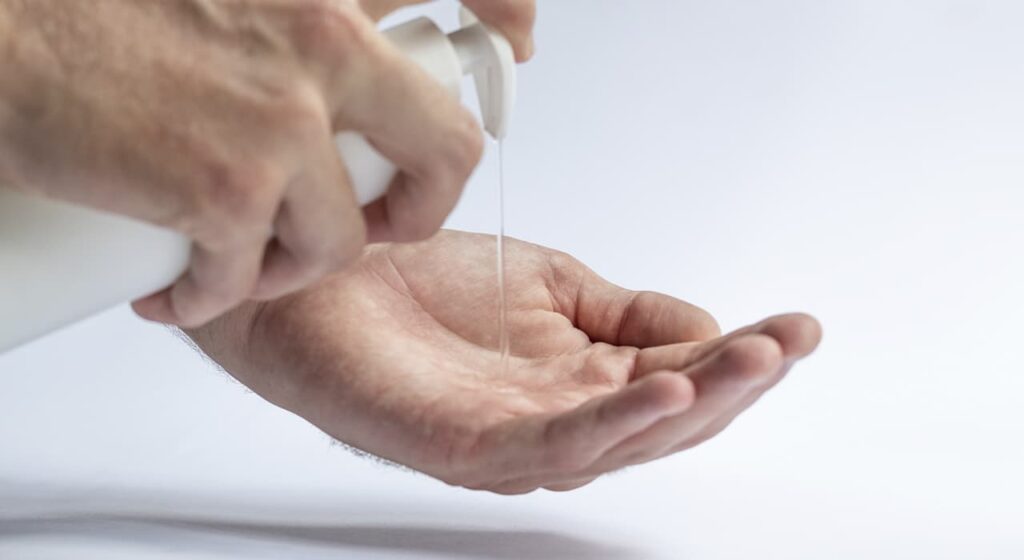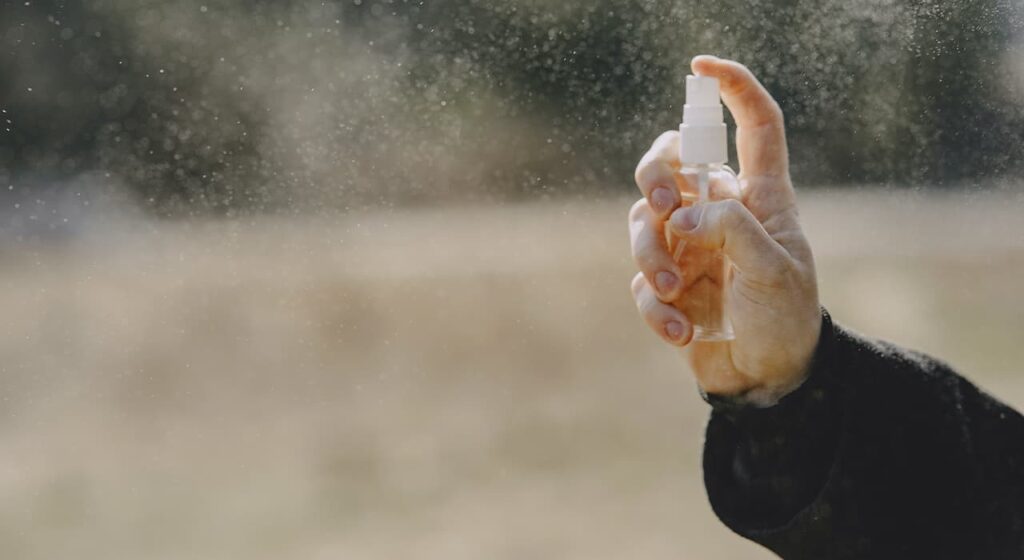To prevent infection with parenteral infections in the cosmetology office the following measures should be implemented:
- Use of disposable materials (needles, syringes, sheets, towels, etc.);
- Disinfection of instruments of multiple use;
- Disinfection of the hands of the cosmetologist;
- Conducting disinfection in the rooms of the cosmetology office.
- Treatment of cosmetic instruments
Deep facial cleansing procedures are performed using special reusable cosmetology tools: spoons, spears and needles. The use of these tools leads to trauma to the skin, and therefore they pose a great danger in epidemiological terms.
In order to prevent hepatitis and other parenteral infections, all cosmetology instruments immediately after use should be disinfected. Thus, the treatment of cosmetology instruments of multiple use is carried out in three stages:
- Disinfection;
- Presterilization cleaning;
- Sterilization.
Disinfection is soaking the instruments in a solution of disinfectant. After the instruments have been immersed, the time required for disinfection exposure is recorded (determined according to the instruction to the disinfectant). At the end of the exposure time the second stage of treatment – pre-sterilization cleaning – shall be started.
The essence of pre-sterilization cleaning is to clean the instruments from fixed contaminants – particles of epidermis, blood. PSO is performed in the same tank with a disinfectant (if the composition of disinfectant includes detergents) or in a detergent solution by cleaning the disinfected instruments with brushes. After disinfection, the instruments are rinsed thoroughly under running water and placed on disposable towels.
Then proceed to the third stage of processing the instruments – sterilization. The dried instruments are put into Kraft bags and sent for sterilization. The instruments are sterilized in an autoclave at 132 degrees for 20 minutes or in a dry-heat oven at 180 degrees for 60 minutes. Sterile instruments are stored in the same Kraft bags and taken out just before the procedure.
Injection procedures (mesotherapy, biorevitalization, contour plastics) must use only disposable syringes and needles. In turn, needles are classified as class B medical waste, the handling of which is regulated by sanitary standards. For example, used needles must be collected in special containers for sharp objects filled with disinfectant. The containers may be filled within three days. After three days, the container is sealed tightly with a lid and handed over to a special service for disposal.
Cosmetologist’s hands treatment
During the day cosmetologist in contact with a lot of people, of course, that his hands may fall into the blood of clients. In order to prevent the spread of parenteral infections, the beautician must work in disposable medical gloves and change them after each client.
In addition, the beautician must ensure that his or her hands are clean. Hygiene treatment of hands is done after each client. You can use both antibacterial soap and skin antiseptics to treat your hands, which you can buy at Septolit.ru.
Room disinfection
Droplets of blood containing viruses can settle on various surfaces of the cosmetology office. Therefore, the room at least twice a day should be wet cleaning. In this case, cleaning is carried out with detergents in the morning and disinfectants in the evening. Daily cleaning involves disinfecting the surfaces of the room: floor, walls, window sills, doors.
In the cosmetology office it is advisable to use disposable sheets and towels that are changed after each client. But even such measures do not exclude the need to disinfect the furniture. Thus, the furniture in the office (beauty table, couch, chair, chair, etc.) is wiped with a rag soaked in a solution of disinfectant. The same principle is used for disinfecting the surfaces of the cosmetology equipment, which must first be disconnected from the mains.



